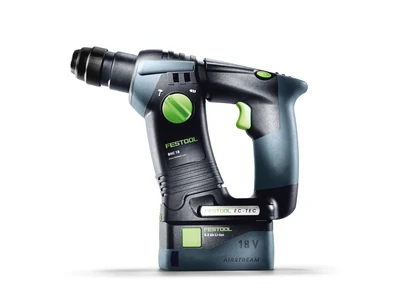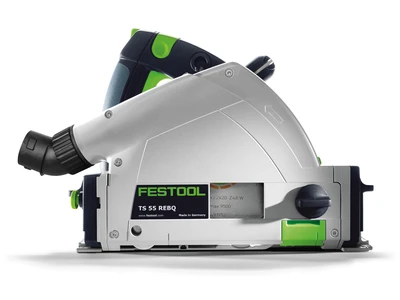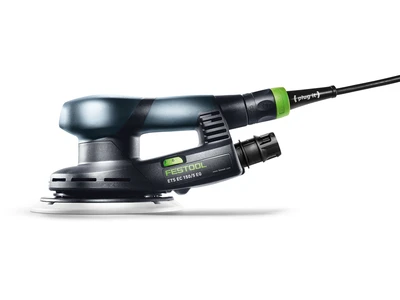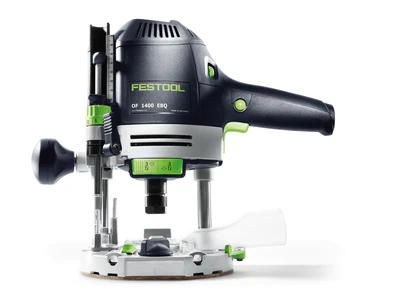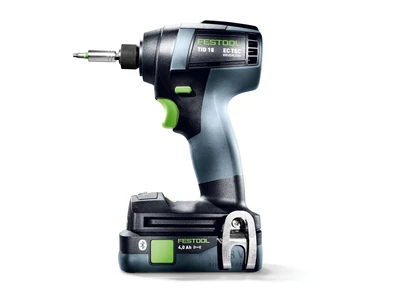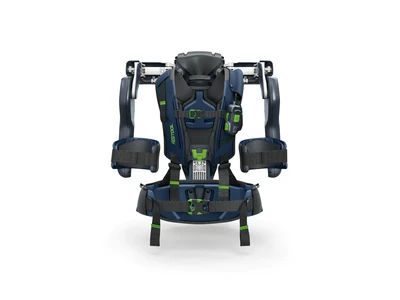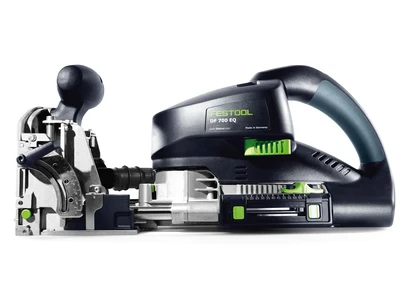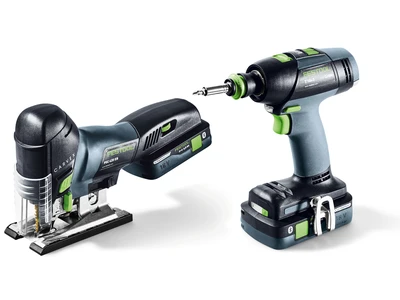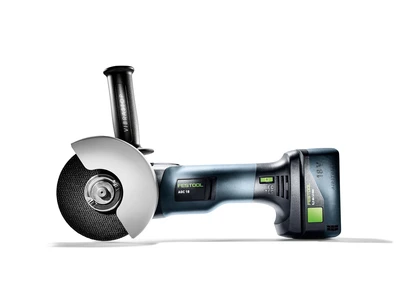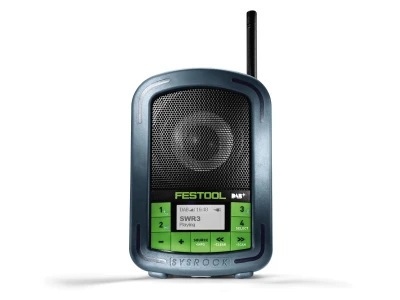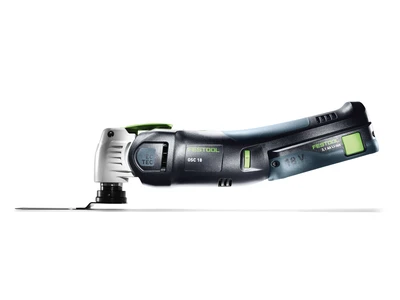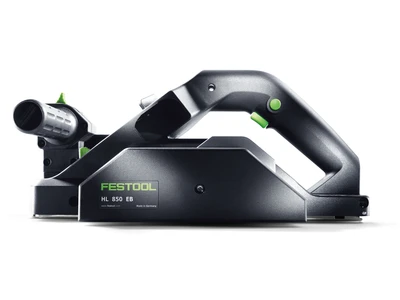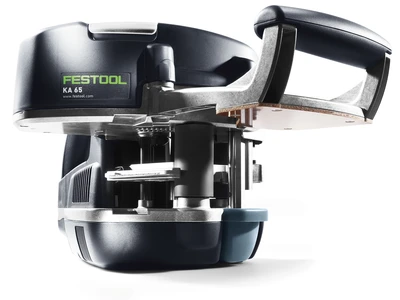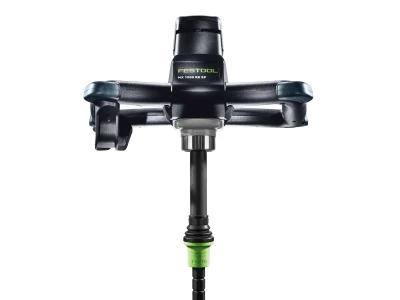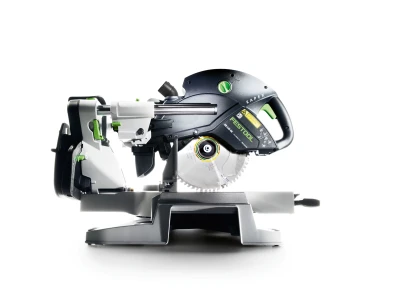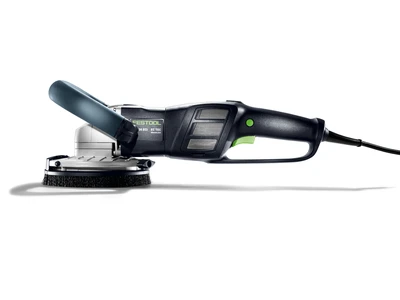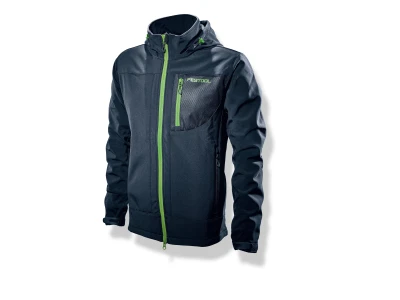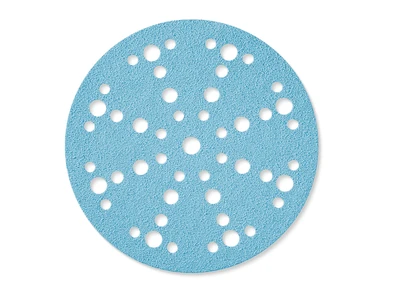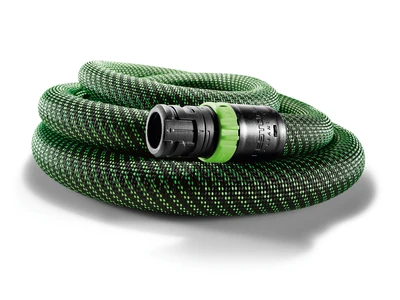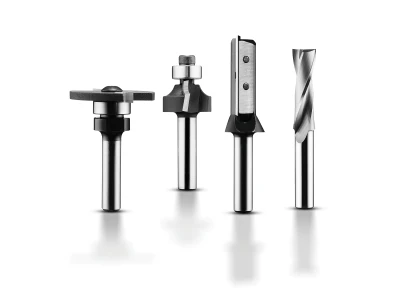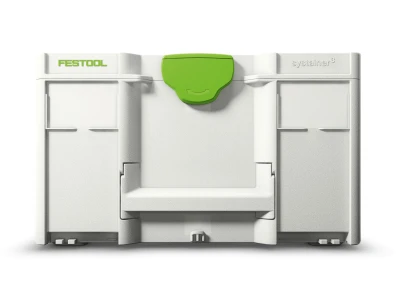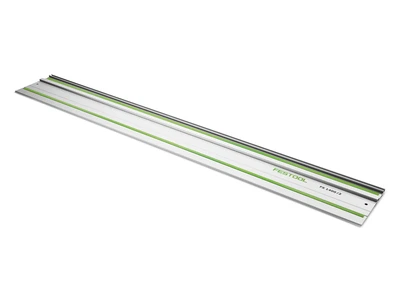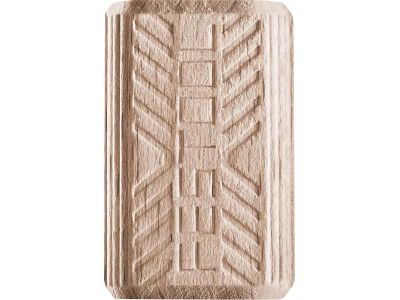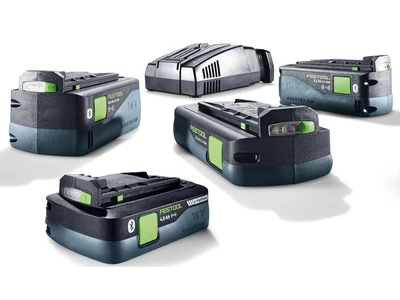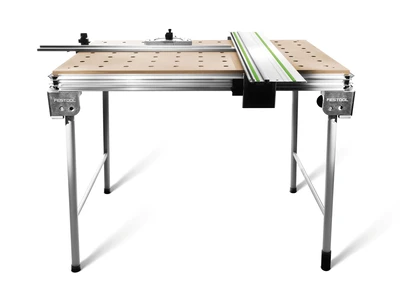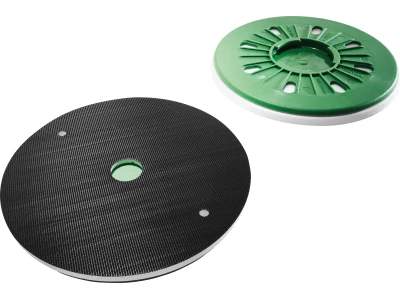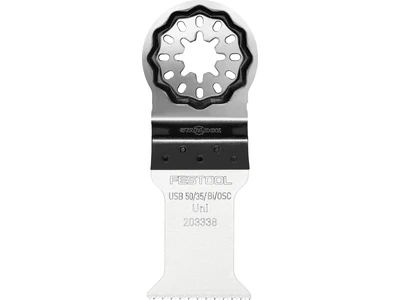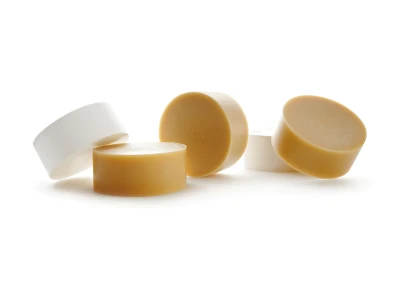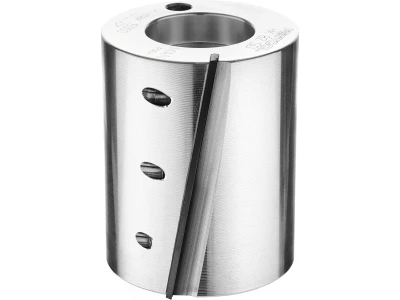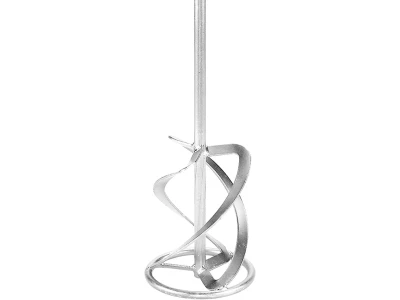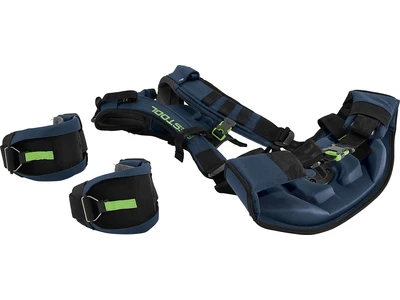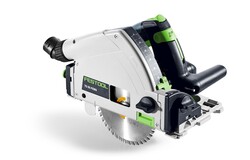Sawing GFRP panels
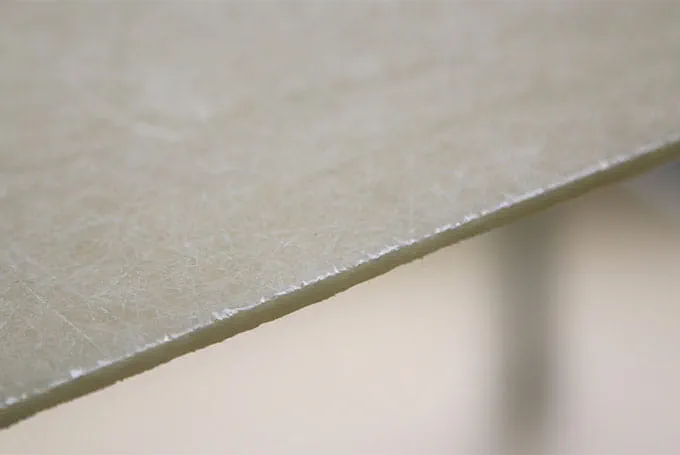
Description
Fibreglass board is a very hard and brittle material that is used in fire protection and the automotive industry, for example.
When cutting or sawing fibreglass board, there is a danger the material will splinter, resulting in splinters being projected at high speeds and posing a serious risk of injury.
This risk can be significantly reduced and the already very high suction power increased even further with the Festool cover that is positioned over the plunge-cut saw. This makes it possible to safely cut fibreglass boards.
Tools/accessories
Alternative tools
Preparation/set-up
-
Before sawing the GFRP panels, a special saw blade must first be fitted according to the operating instructions.
The special saw blade is a triple chip grind saw blade and has a significantly longer lifetime when sawing GFRP than an alternate top bevel saw blade, for instance.
-
To cut or saw GFRP, Festool recommends using the ABSA-TS cover when working with the plunge-cut saw. This is simply inserted into the right-hand side of the saw and secured using the locking screws on the front and rear sides of the machine.

Procedure
-
To saw the GFRP panels, first mark the required dimensions on the panels, then position the rail and secure it using clamps. Next, place the saw in the guide and insert the plug-it cable.

-
When sawing GFRP panels, the speed must be reduced and set to between 3 and 5. The cutting depth should be set to approx. 10 mm deeper than the material thickness.

-
The GFRP panel can now be cut. When sawing, ensure that the machine is moved evenly and not too quickly.

-
Our illustrated guides and work results are documented working steps that we have performed in practice. They are individual examples and do not guarantee or promise that users will obtain the same results. The results will depend on the user's experience and skill, as well as the material being used. Illustrated guides do not replace any Festool operating manuals and/or safety instructions. Liability for ensuring that the information, instructions and applications are free from content defects and defects of title, in particular with regard to the absence of defects, correctness, freedom from third party intellectual property rights and copyrights, completeness and fitness for purpose, is excluded. Claims for damages made by the user, regardless of their legal basis, are excluded. These liability exclusions are not applicable if the damage was intentional or caused by gross negligence, or in cases of statutory liability.
We cannot accept liability for damage resulting from defects.↑

